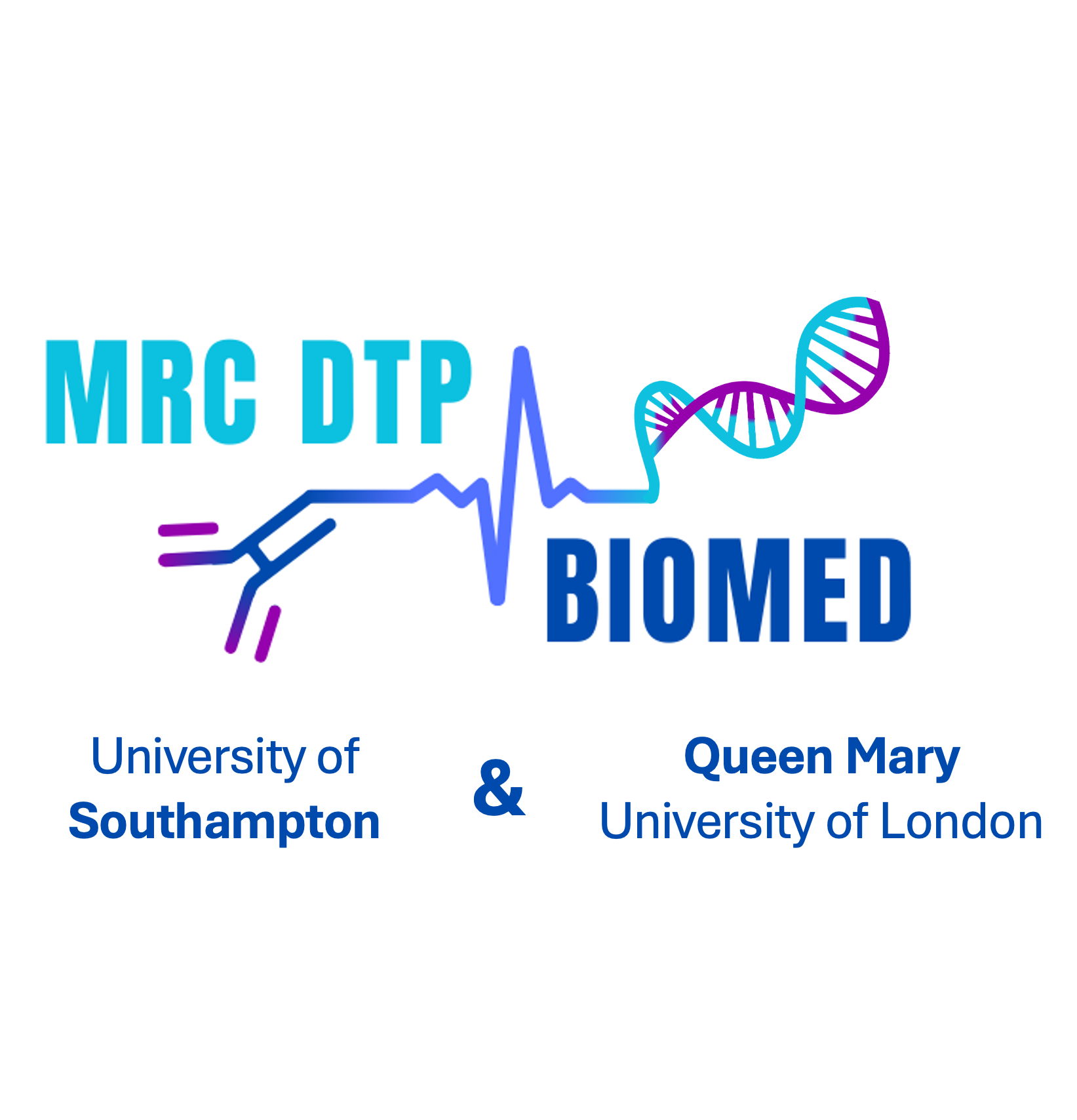Our PhD programme combines two world-leading research centres, the University of Southampton (UoS) and Queen Mary University of London (QMUL), to deliver a DTP with excellence in Translational Biomedical Sciences around three main themes:
- Cancer, neurological and inflammatory diseases
- Infectious disease and anti-microbial resistance
- Global health
Cancer, neurological and inflammatory diseases
UoS is a leader in cancer immunology, acknowledged by CRUK and Blood Cancer UK centre of excellence status. The Centre for Cancer Immunology and CRUK Clinical Trials Unit in one building enhances opportunities for scientists to deliver immunotherapy treatments alongside the NIHR:CRUK Experimental Cancer Medicine Centre (ECMC). QMUL provides world-leading research centres in cancer (Barts Cancer Institute) to develop and drive Advanced Therapies through QMUL Clinical Research Units and its CRUK ECMC.
QMUL’s William Harvey Research Institute (WHRI) is an internationally acknowledged centre of excellence in the field of cardiovascular research and therapeutic innovation. Its researchers also conduct innovative, world-leading research in the fields of endocrine and inflammation science.
UoS’ Neuroscience and Clinical Neuroscience groups research national and global health priorities, from basic neuroscience over age-related neurodegenerative diseases like Alzheimer’s disease, to numerous areas that affect the central nervous, visual and auditory systems. The Interdisciplinary Dementia and Ageing Centre (iDeAC) aims to generate new insights into the problems of dementia and brain ageing by focusing on interdisciplinary collaboration to challenge existing thinking and develop innovative solutions
Infectious disease and anti-microbial resistance
The NIHR funded Southampton Centre for Biomedical Research, incorporating the NIHR Southampton Clinical Research Facility and Wessex Investigational Sciences Hub (WISH), specialises in Immunomonitoring and application of new discoveries into clinical practice. Similarly, antimicrobial research is a major activity at UoS, enhanced by the BBSRC/Innovate UK/Hartree foundation National Biofilms Innovation Centre at UoS demonstrating how our research organisations remove barriers between disciplines for advancement of science and innovation. The Infection research group seek to understand how pathogens causes infectious diseases and use this information to design new vaccines and diagnostic assays.
QMUL’s Wolfson Institute of Preventive Medicine (Wolfson) is an internationally recognized centre of excellence for epidemiology and preventative medicine.
Global Health
The Global Health theme encompasses a broader array of research topics that are relevant to translating biomedical health. Our teams utilise interdisciplinary, cross-faculty approaches to better understand disease development and address the challenges of improving human health.
Research at Southampton’s, School of Human Development and Health focuses on topics such as the genetic basis of human disease, factors influencing healthy pregnancy outcomes and lifelong health, how to achieve, maintain and restore musculoskeletal, cardiometabolic and immune/inflammatory health. This is further complemented by research at Southampton’s cross-faculty Institute for life sciences which brings together researchers with expertise across the themes of health and medicine, living systems, disruptive life technologies, and insights through data.
QMUL’s Global Public Health Unit are committed to understanding and tackling inequality through innovative and varied policy and practice change. This includes research in Infectious Diseases & Inequalities.

